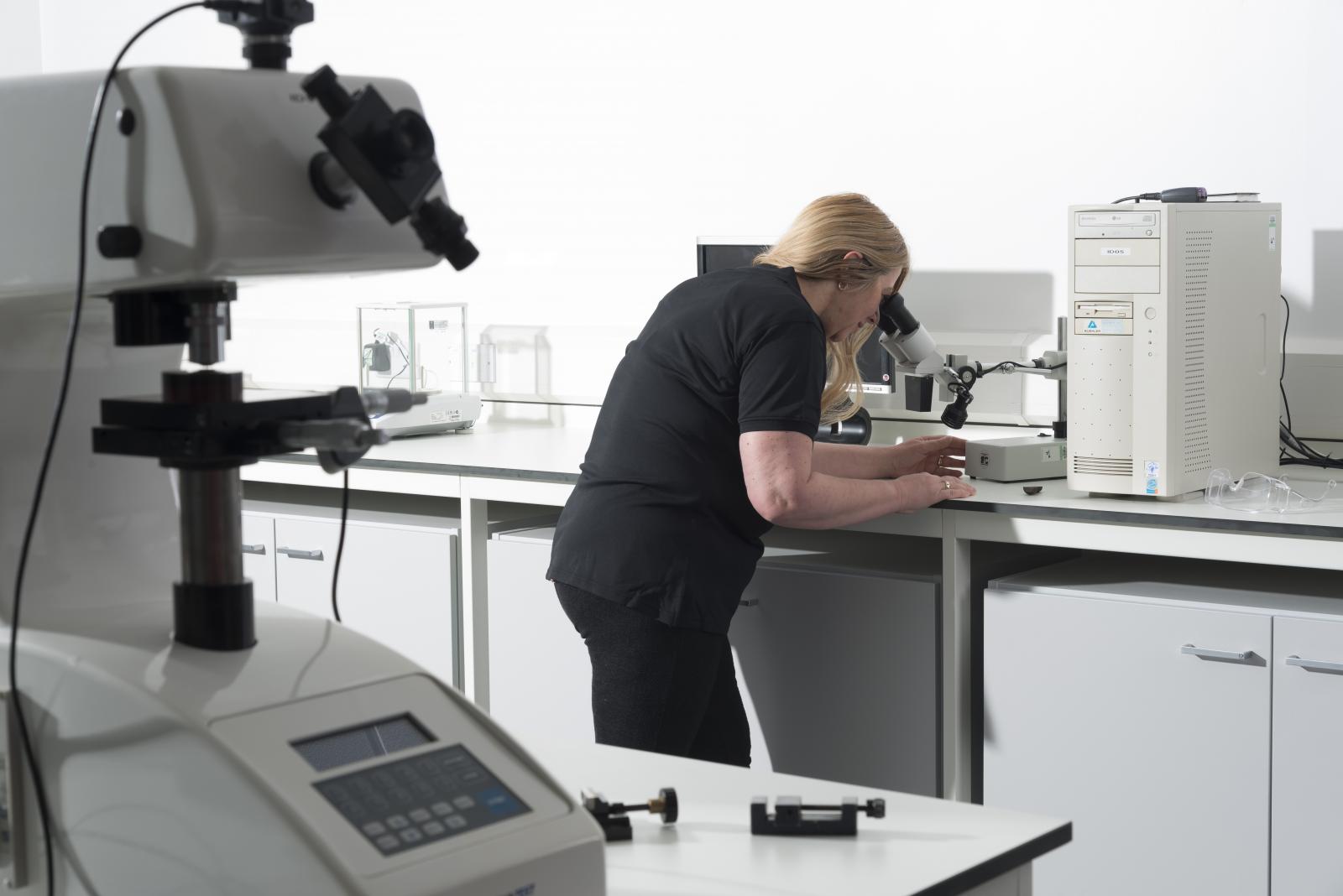
Fastener experts at Optimas helped a company making cancer diagnosis machine improve productivity and cut downtime.
Early diagnosis of cancer can greatly improve survival rates, with health centres utilizing the latest technology to ensure identification of the condition is achieved sooner. Cancer diagnosis machines are at the forefront of this technology, which emphasizes the importance of smooth manufacturing operations when producing such equipment. When one leading manufacturer was experiencing downtime due to fastener issues, they contacted Optimas to help improve productivity.
The manufacturer was suffering between 15-30 minutes of downtime on a daily basis, with the entire production line coming to a halt in such circumstances. The fasteners were identified as the cause of the stoppages: certain components that were installed via airgun presented multiple issues. Firstly, fasteners were becoming jammed during installation into the machine's sheet metal. Furthermore, fasteners were becoming stripped of their coating, and in more severe cases, the applied torque was forcing the airgun out of the operator's hands, causing health and safety concerns.
Optimas was contacted by the manufacturer due to a proven track record of developing and supplying fastener solutions globally to OEM manufacturers of medical equipment. The business operates a vast component portfolio, backed by a highly efficient logistics network that blends global capability with local points of contact. Often consulted at the initial design stage of projects, Optimas was a logical choice to tackle the challenges presented by this particular component.
Working closely with the manufacturer's engineering teams and the part supplier, Optimas fastener experts started to assess what aspect of the fastener was causing issues. Dialogue between the teams at this stage was key, and resulted in the identification of the cause.
A section of the thread featured a nylon coating, which is often referred to as a 'patch'. The patch offered increased integrity, ensuring that the fastener could not back out from its aperture over a prolonged service life. However, Optimas engineers were able to identify that the coating was too thick, which was causing the jamming issues during the installation of the component. Having identified the root cause, Optimas engineers worked in conjunction with the supplier's engineering team to deliver a solution. Leaning on experience from originating custom parts for a wide range of demanding applications, Optimas and the supplier were able to design and source a component where the nylon coating was reduced by 50%. The new component was introduced to the production line, and trialled in the manufacturing process.
The benefits were clear. Jamming, stripping and associated injuries were entirely eliminated, minimising potential risk to workers and greatly increasing the efficiency of production. By the introduction of this component alone, the manufacturer was able to increase productivity by 27%. The component was such a success, that it has now been accepted as an industry standard. Known as the 'light patch' the new component delivered the engineering performance required but with the benefit of easy installation.
Identifying highly specialised solutions can reap huge efficiency rewards – whether dealing in large systems or individual components. By approaching the problematic fastener methodically, utilizing the existing engineering teams at both the supplier and manufacturer, Optimas was able to deliver tangible productivity benefits across an entire production process. It is proof that focusing on the small details can deliver big rewards.